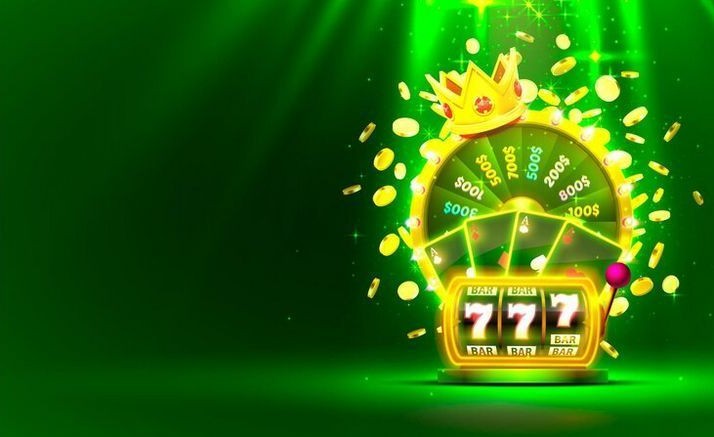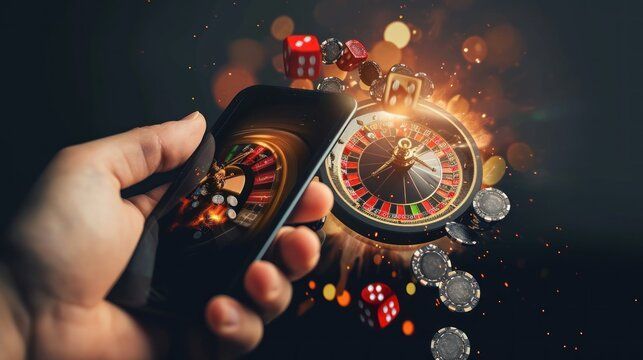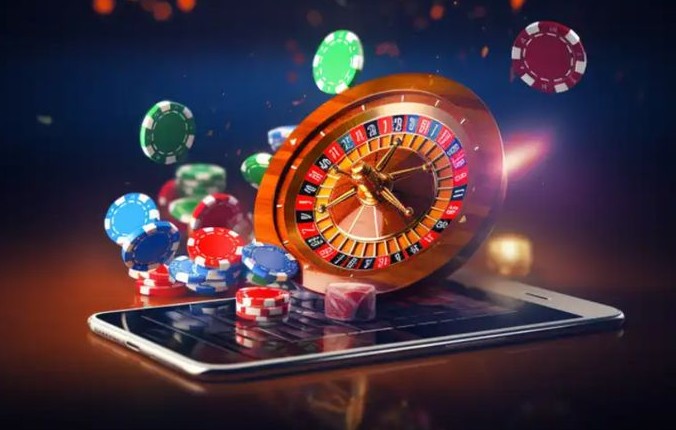Introduction
If there’s one thing Aussies love when it comes to a flutter, it’s the pokies. From pubs and clubs in Sydney to buzzing casinos in Melbourne and Perth, pokies are everywhere. In fact, Australia has one of the highest numbers of slot machines per capita in the world—a staggering statistic that shows just how deeply ingrained pokies are in our culture.
But here’s the big question: why do we keep spinning? What is it about pokies that makes them so addictive, entertaining, and sometimes dangerous? This post dives into the psychology behind pokies, exploring the tricks of design, the thrill of chance, and the emotional pull that keeps Aussie punters glued to the reels.
The Popularity of Pokies in Australia
Australia is often called the “pokie capital of the world.” More than half of all gaming machines in the country are located outside of casinos—in pubs, RSL clubs, and hotels. This accessibility means pokies aren’t just a casino experience; they’re part of everyday Aussie life.
Quick Stats:
- Over 200,000 pokies exist across Australia.
- New South Wales alone has more machines than many countries combined.
- Aussies lose billions each year on pokies, making it the most popular form of gambling in the country.
The love affair is clear—but it’s not just luck and jackpots that drive this passion. The psychology of pokies plays a huge role.
The Brain on Pokies: The Reward System
At the core of pokies’ appeal is the brain’s dopamine reward system. Dopamine is a “feel-good” chemical released when we experience pleasure or excitement. Every spin of the reels creates anticipation, and whether you win or lose, the act of spinning triggers dopamine.
This is why pokies are sometimes compared to mini slot-sized rollercoasters—short bursts of excitement, again and again.
The Power of “Near Misses”
One of the biggest psychological hooks in pokies is the near miss. You spin, two jackpot symbols land, and the third just misses. Even though it’s a loss, the brain interprets it as “almost winning.” Research shows near misses can actually be more motivating than wins, keeping punters spinning longer.
The Illusion of Control
Pokies are games of chance—the outcome is controlled by random number generators (RNGs). But design elements often trick players into feeling like they can influence results.
- Stop buttons: Pressing the button feels like you’re controlling the reels, but in reality, the outcome was already decided the moment you hit spin.
- Bet sizes and paylines: Choosing how much to bet or which lines to play gives a sense of strategy, even though the odds remain random.
This “illusion of control” makes players more engaged, giving them the feeling that smart choices will eventually lead to a win.
Sounds, Lights, and Design Tricks
Pokies are a masterclass in psychological design. Every sound effect, flashing light, and animation is carefully built to keep punters hooked.
- Winning sounds play even for losses disguised as wins (e.g., when you bet $2 but win $1 back, the machine still celebrates).
- Bright, colorful themes tap into nostalgia or excitement—from Egyptian adventures to Aussie wildlife.
- Fast spin cycles mean you can play hundreds of games in an hour, keeping the brain constantly stimulated.
These tricks combine to create what researchers call a “zone”—a state where players lose track of time and money while immersed in the game.
Cultural Connection: Pokies in Aussie Life
Unlike some countries where gambling is limited to casinos, pokies are woven into Australian culture. A night out at the local pub often includes a spin on the machines. Clubs rely heavily on pokie revenue, and community events sometimes even celebrate jackpots.
This normalization makes pokies less taboo and more of a socially accepted pastime. For many Aussies, they’re seen as harmless fun—a way to relax with mates, a beer, and a few spins.
The Dark Side: Why We Keep Spinning Too Long
While pokies provide entertainment, the psychology that makes them fun can also make them harmful. The combination of dopamine hits, near misses, and fast play cycles means some punters lose track of time and money.
Problem gambling is a real concern in Australia, with pokies being the number one source of gambling-related harm. Many players report chasing losses, believing a win is “just around the corner.” This is known as the “gambler’s ”fallacy”—the mistaken belief that past outcomes influence future spins.
Responsible Gambling: Finding the Balance
So, how can Aussies enjoy pokies without falling into the trap? Here are some key tips:
- Set a budget before you play and stick to it.
- Take breaks—don’t get caught in the “zone.”
- Remember it’s entertainment, not income. The house always has the edge.
- Use venue tools like time limits, pre-commitment cards, or self-exclusion programs if needed.
Casinos and clubs in Australia are increasingly promoting responsible gambling messages, reminding players that fun is only fun if it stays under control.
The Future of Pokies in Australia
As technology evolves, so do pokies. Online pokies are booming, giving Aussies the chance to spin from their smartphones. Virtual reality casinos are emerging, and new designs promise even more immersive experiences.
But the psychology remains the same—dopamine, near misses, and the thrill of chance. The future may bring flashier graphics and bigger jackpots, but the core reason we keep spinning will stay unchanged.
Conclusion
Pokies are more than just machines—they’re a mix of psychology, culture, and entertainment that has become part of Aussie life. From the flashing lights to the near misses, every element is designed to keep punters engaged.
For many, they’re a fun way to spend a night at the pub. For others, they can become a trap. Understanding the psychology of pokies is the first step in recognizing why we keep spinning—and how to make sure the experience stays enjoyable rather than harmful.
At the end of the day, pokies will always be part of Australia’s gambling culture. The challenge is making sure we spin for fun, not for losses.


